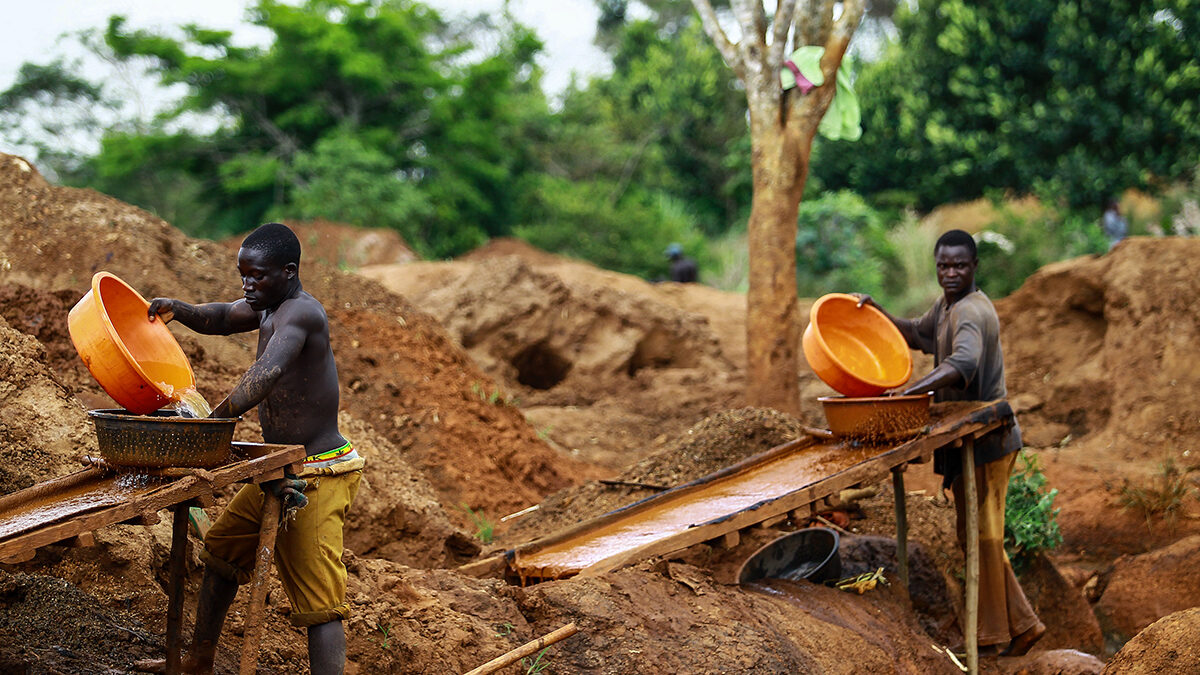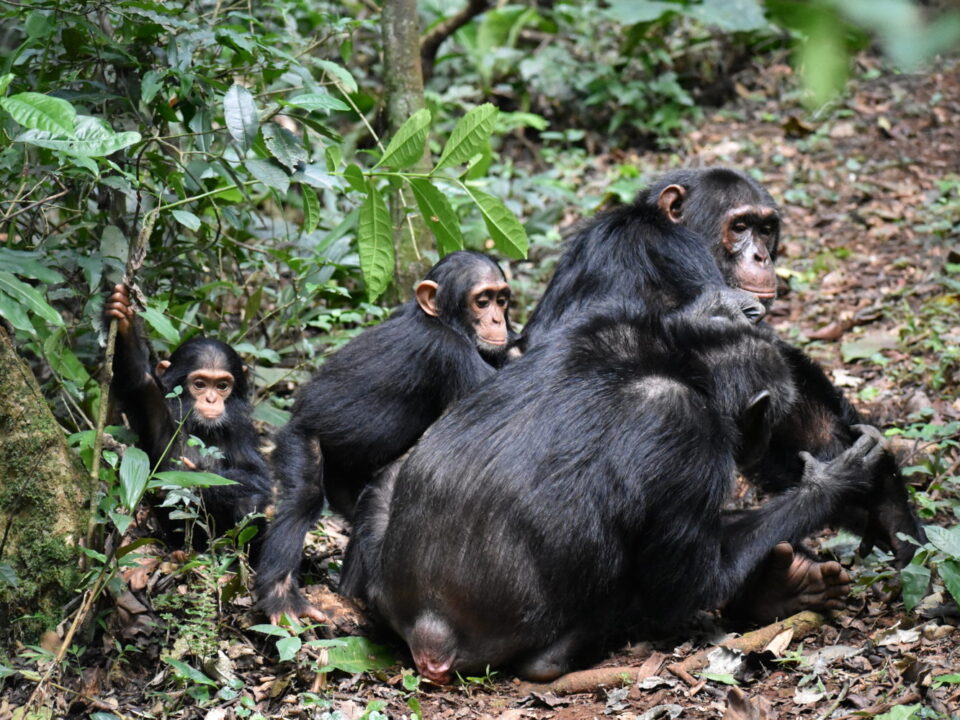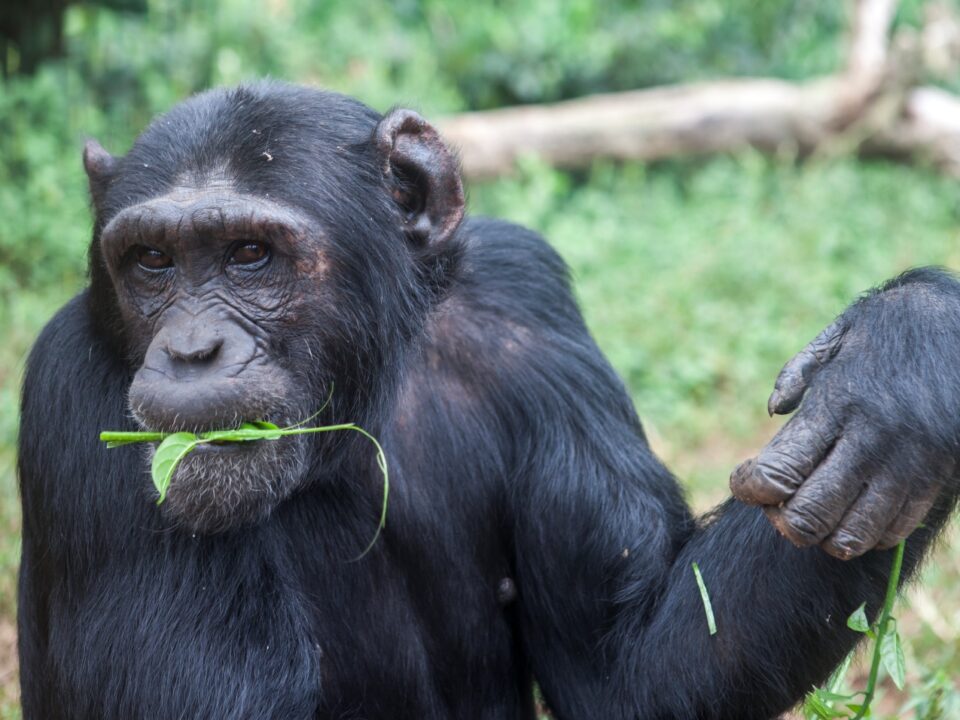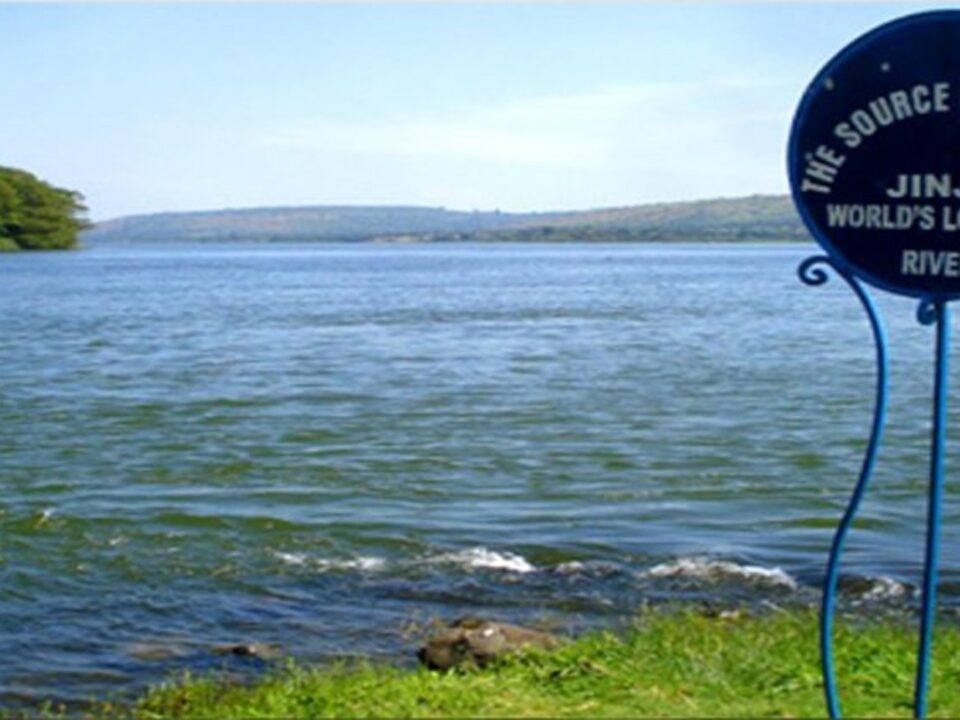Filming in Gold Mines in Mubende District-Uganda

Best Film Casting Services in Uganda
January 15, 2024
Top things to do in Queen Elizabeth National Park
January 15, 2024Miners are seen sieving gold crystals from Muddy water in Bugiri 348km (216miles) east of Kampala, Uganda’s capital on February 5, 2013. The miners mix crushed excavated soils with mercury which forms a mixture with gold. It’s later heated to separate the gold. The gold is sold to local brokers who in turn market it to the international market. Reuters/Edward Echwalu
Filming Gold Mines in Mubende District-Uganda – Capturing the Gold Mining Process on Film
Filming in Gold Mines in Mubende District-Uganda — Delving into the gold mines of Mubende District in Uganda offers a unique opportunity to document the intricate process of gold mining. Positioned approximately 58 kilometers east of Mubende, Kassanda, the epicenter of this mining activity, has witnessed a transformative shift since the discovery of a gold nugget on one of its hills.
Once a rural settlement, Kassanda’s landscape changed dramatically as the allure of gold attracted prospectors from far-flung places, including Rwanda and the Democratic Republic of Congo. The influx included previously unemployed or underemployed youth from Kampala. What ensued was an impromptu ‘Gold Rush,’ giving rise to a community of miners, washers, refiners, middlemen, buyers, and exporters.
In 2014, reports surfaced that five out of fifty mines (10%) in the area were actively producing gold. This surge in mining activity provided employment for many, particularly the youth who found opportunities amid the gold-rich hills.
Navigating the Regulatory Landscape
The gold mines, forests, and other natural resources in Uganda are collective assets, necessitating proper authorization from authorities before utilization. Trek Africa Expeditions plays a pivotal role in securing the essential licenses and permissions for film crews eager to capture the gold mining process in Mubende district.
Film crews often seek to document the hands-on experience of individuals involved in gold processing, from extracting the precious metal from caves and ore to the application of mercury for the final product.
Press Accreditation Fees and Permitting Process
To facilitate the filming process in Uganda, film crews must adhere to regulatory procedures and acquire necessary permits. The Uganda Media Council imposes press accreditation fees, amounting to $175 per person for stays not exceeding 30 days, $225 per person for stays beyond 30 days up to six months, and $325 per person for a two-year period.
Trek Africa Expeditions recommends meticulous planning, allowing ample time for the application and acquisition of all required filming permits, including press accreditation and media cards.
Gold Mine Camp in Kitumbi Sub-County
The rich gold enclave of Kitumbi Sub-County in Mubende District witnessed a significant event when over 10,000 illegal artisans were evicted. The eviction, based on claims of encroachment on AUC Mining Company’s legal mining areas, aimed to clear the way for foreign gold miners with advanced capabilities.
Illegal miners, previously disrupting serious gold mining operations, were ousted to benefit both foreign miners and the government. After a protracted struggle, evicted gold miners in Mubende and Kassanda Districts eventually acquired mineral licenses.
Mubende United Miners Assembly, an umbrella association of artisanal and small-scale gold miners, disclosed that the Directorate of Geological Survey and Mines granted 11 mining associations location licenses for prospecting and mining gold in the two districts.
The issuance of location licenses, coupled with the return of formerly evicted miners to the mines, aligns with the government’s directive to AUC Mining to relinquish 30% of its license. This directive, dating back to April 6, 2018, marked a significant step toward balancing mining activities and promoting responsible exploitation of gold resources in the region.
Related posts
Female chimp Pasa, is photographed eating leaves in the Ngamba Island Chimpanzee Sanctuary in Lake Victoria, Uganda. Pasa, who has been on Ngamba Island since 2000, was surrendered to UWEC by a man from Arua who realized that he had broken the law by buying the infant chimp from a Congolese trader two weeks earlier. Pasa was named after the ‘Pan African Sanctuary Alliance’ which was formed during a workshop held in Entebbe at the time of her confiscation. This Alliance is working together to try and stop the root cause of the chimpanzee-orphan-crisis (bush meat trade and habitat destruction) She was approximately 6 months old on arrival so she needed 24- hour human care until she was strong enough to join the juvenile group on Ngamba. Pasa is now very settled but she still enjoys contact with her human caregivers, especially during the walk in the forest. 03/15 Julia Cumes/IFAW




